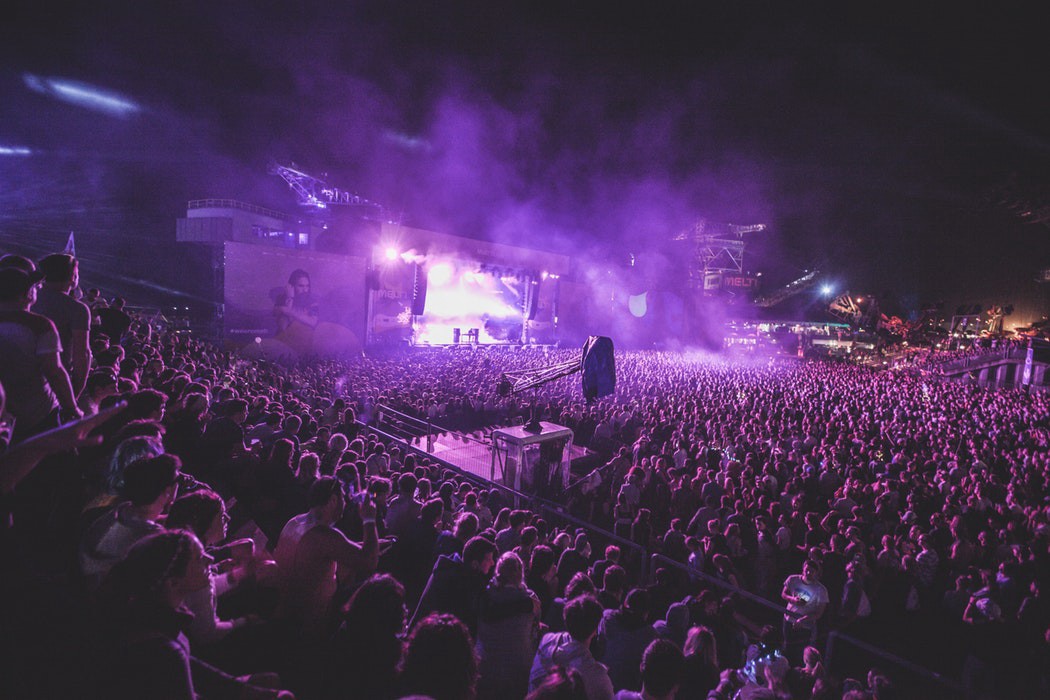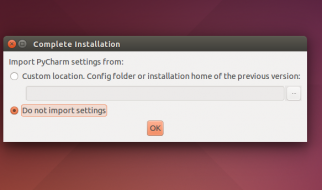Touring is important for today?s artists because it is the best way to make money and is nearly guaranteed to make you more than streaming or merch sales.

Touring is important for any artist because you are able to establish yourself within cities where current and potential fans live. When artists first start out, it can be easier to tour as an opening act for a more popular band ? either because you?re not well known enough to fill a venue or you don?t have enough music to play an entire show. But if you?re smart about producing music, you?ll be headlining in no time.
However, touring is also important because it is the best way to make money as an artist today. More and more people are streaming music now which means you won?t be selling a lot of records in the coming years. Selling merchandise can be successful, but in the long run that revenue won?t compare to the money you?ll make from touring.
Streaming vs. Touring Revenue
According to The Verge, when someone streams one of your songs on Spotify, your profits are between $0.006 and $0.0084. So if you?re a relatively new artist and 1) don?t have a lot of songs to stream and 2) don?t have a lot of fans to listen to those songs, then you?re not going to be making a living from that alone. Some artists, such as Drake who made $23.7 million last year from streaming, can still make a lot of money. And still, he made more from his last tour?the Summer Sixteen tour with Future grossed $85 million.
Your big break is not going to come from sitting at home and releasing new music on your website or Soundcloud (the stories you?ve heard where it does happen are the exception to the rule, don?t waste time trying to be that). If your goal is to be signed, a label is going to want an artist who is actively trying to promote themselves and who has experience performing. This is part of the artist development process all artists must undergo to get the attention of labels and A&Rs.

The Cost of Touring
According to Statista, revenue from concert ticket sales rose from 1996 to 2000, growing from $1.3 billion to $4.6 billion. It took a hit in 2010 and 2011 where it dipped slightly to $4.2 billion but has been growing ever since. In 2017, the concert industry generated about $8 billion in revenue and the top 25 single artist concerts alone grossed about $360 million.
This is reflected in the fact that more people are going to concerts and ticket prices are also rising as a whole. Right now, the average cost to go to see a live show is about $46.69 and that number is 4.2% higher than last year and 7% higher than this time back in 2000. Those numbers show that while there is money in touring, it is important to weigh the costs of your own tour, because if it?s too expensive, people might just stay home.
Consider the cost of touring for yourself, and figure out how much you would be walking away with at the end of each night (the bigger the venue the more potential for a big profit, but only if you can fill it). Create a list of expenses (gas, food, places to stay, etc.) and get solid numbers that reflect potential profits from each performance (you can do this by contacting venues and asking, or talking to artists who have already toured). With this information you can create a budget (always overestimate) to know how much you?d need to raise or save to go on tour.
Usually about 10% of the ticket cost goes to a booking or processing fee and the another 5% get swallowed up by taxes. From what is left you then need to pay for other venue related expenses (if there are any), and the final profits are split up about 90% for yourself and 10% for the promoter.

Lower Profits, Higher Visibility
When you?re just starting out however, it will be easier for you to open for another band that fits your genre because that way you?ll get some exposure by using their fanbase. When you?re opening, you need to view it as a promotional opportunity rather than a way to make some money (opening acts don?t usually make very much). However, if you pick up some fans at each concert then you?ll end the tour with more fans than you started with, and if you put on a great show, they might pay to see you headline one day.
Another factor that may eat into your touring profits are record labels. Record labels who sign artists to ?360 deals? guarantee that the artist will have to hand over a bigger percentage of the money that they make from a tour. In return for a percentage of the profits, the record label will put their resources behind setting up the tour and promoting you (they want to make sure they get a return on their investment). They?ll also cover some of the costs of touring?but remember none of it is for free and they expect to make every penny back, and more.
In the long run, even though it seems expensive, touring is the way to make money as an artist. You get to travel and promote yourself as a brand and it is the best way to show yourself off to new fans that might not have heard of you otherwise.
This post originally appeared on bandbasher.com.


